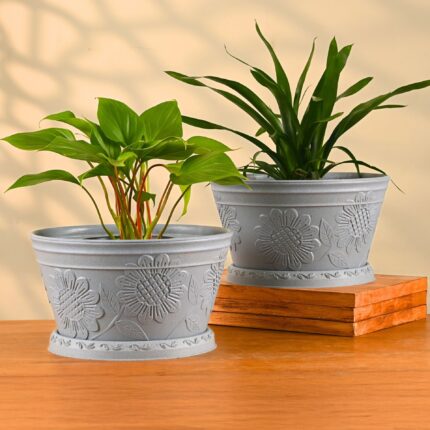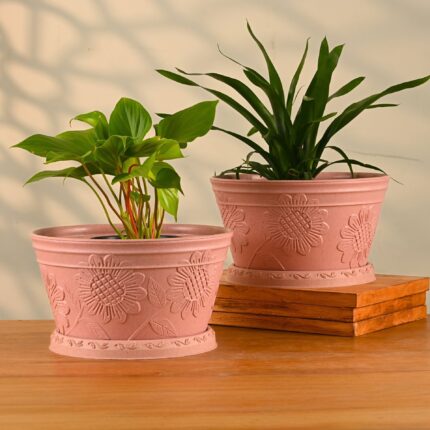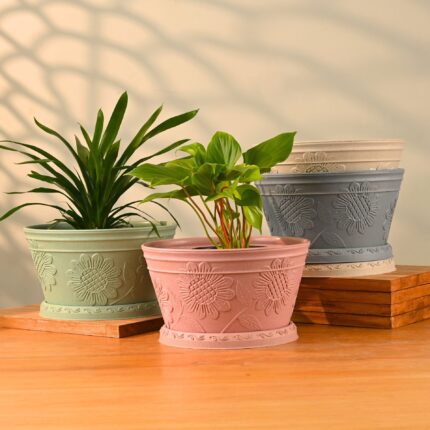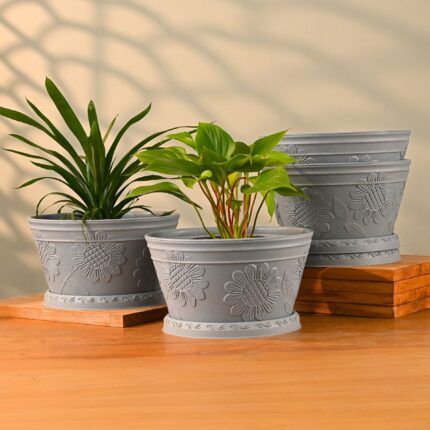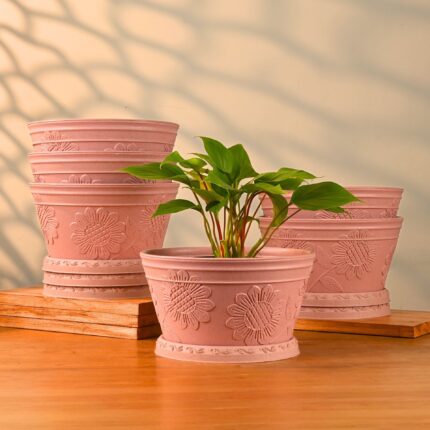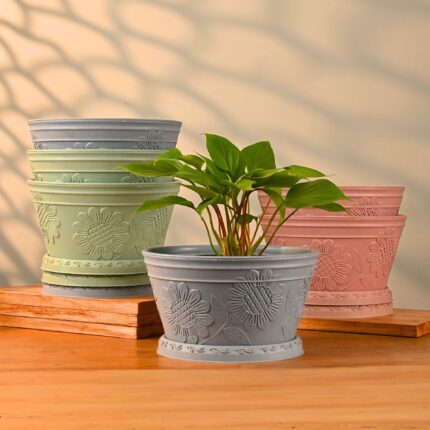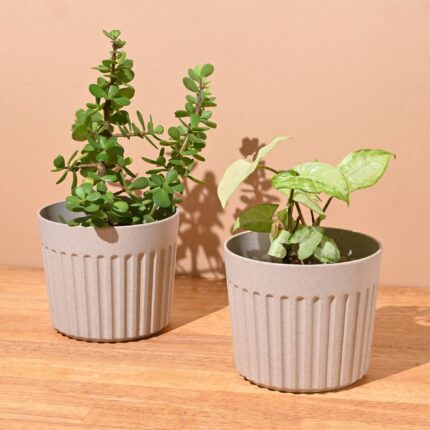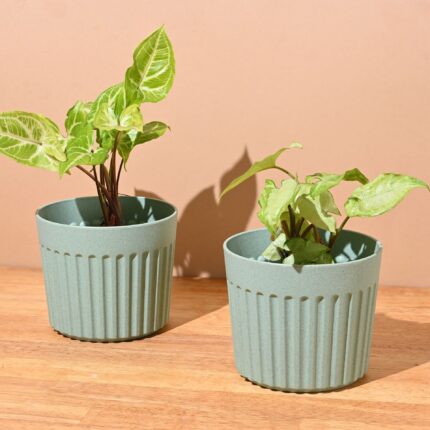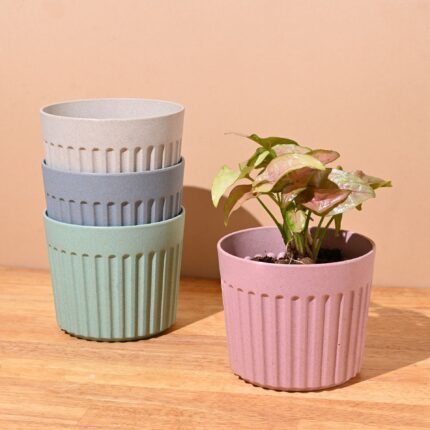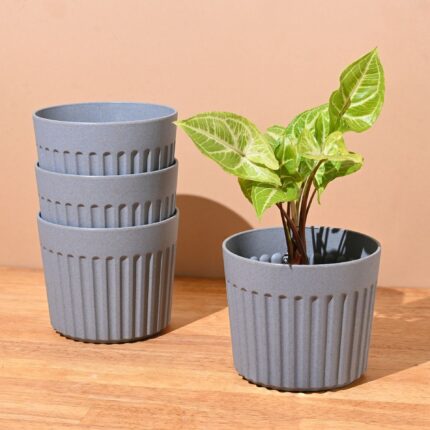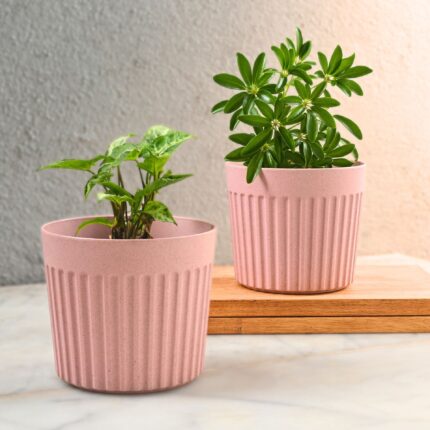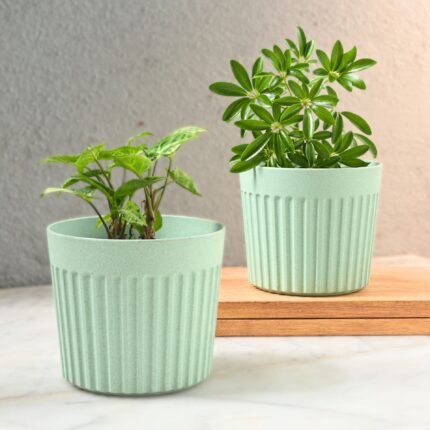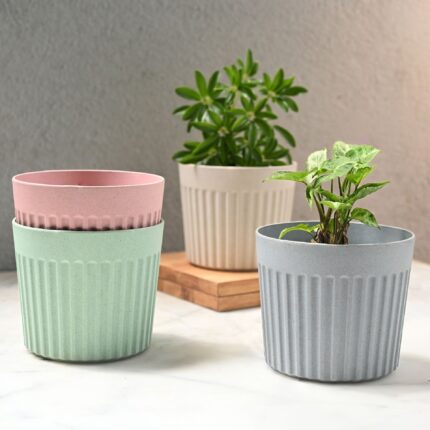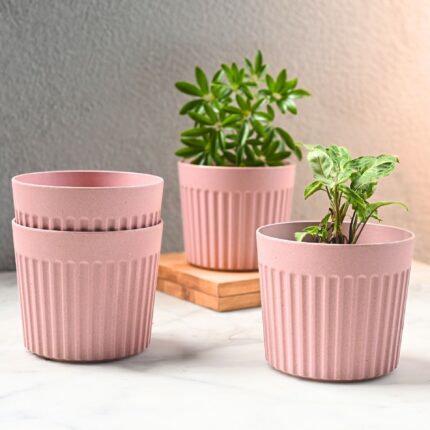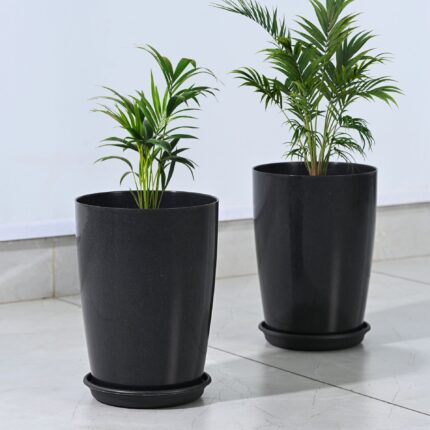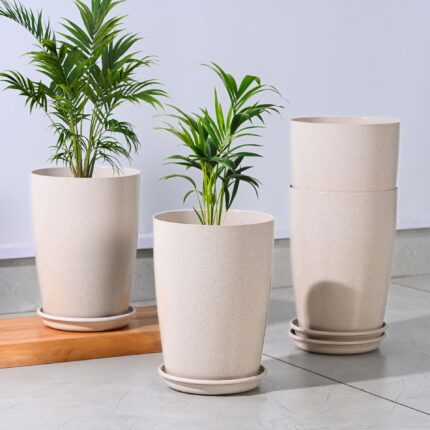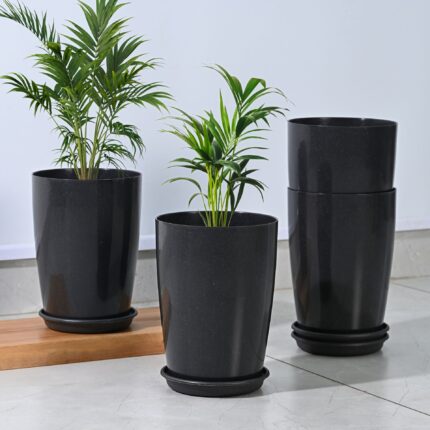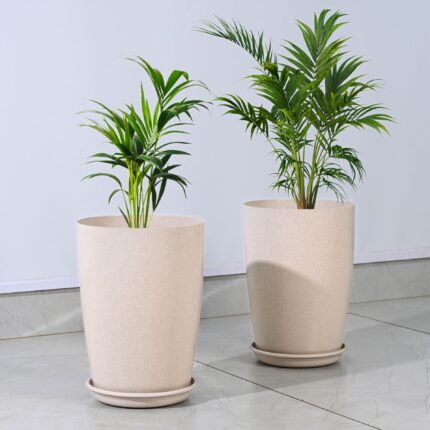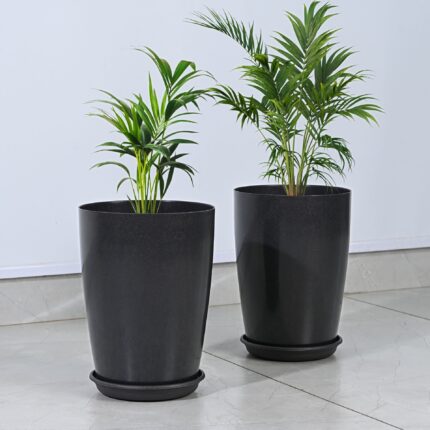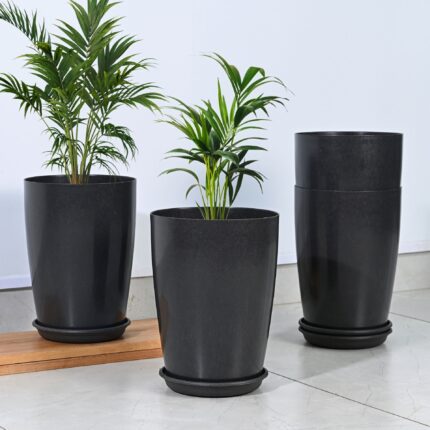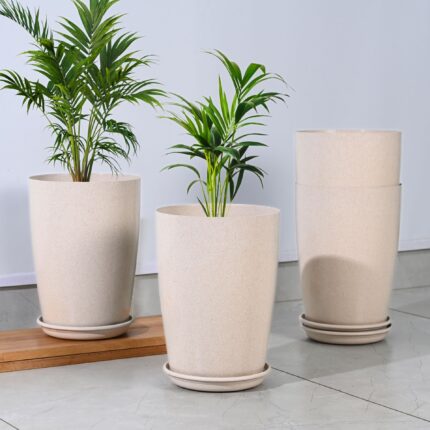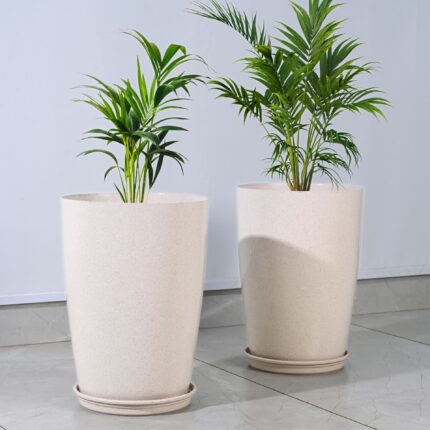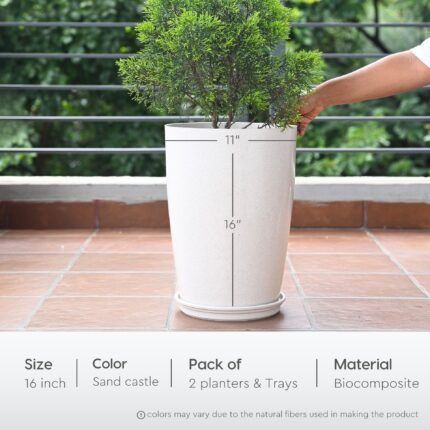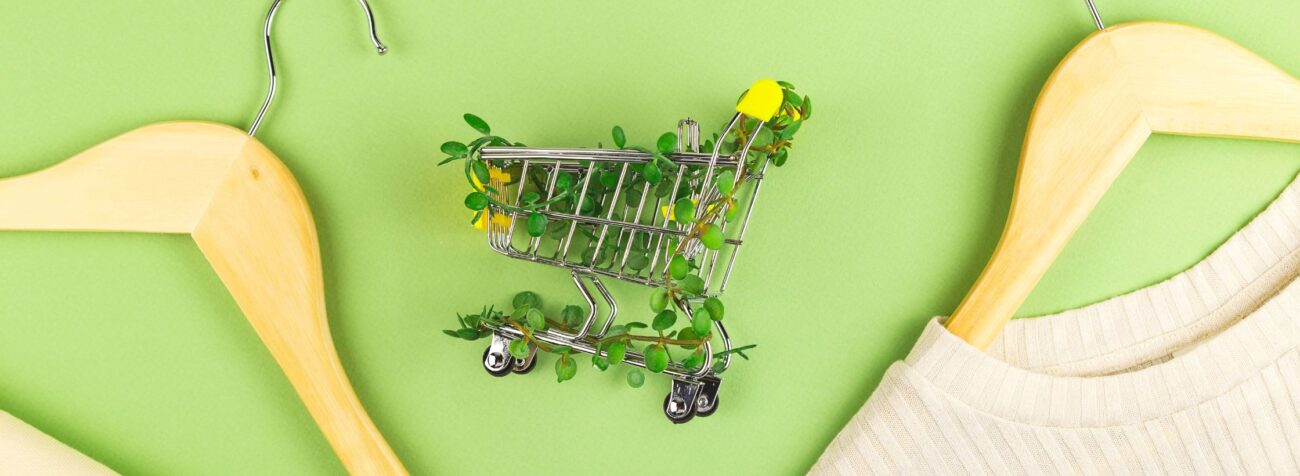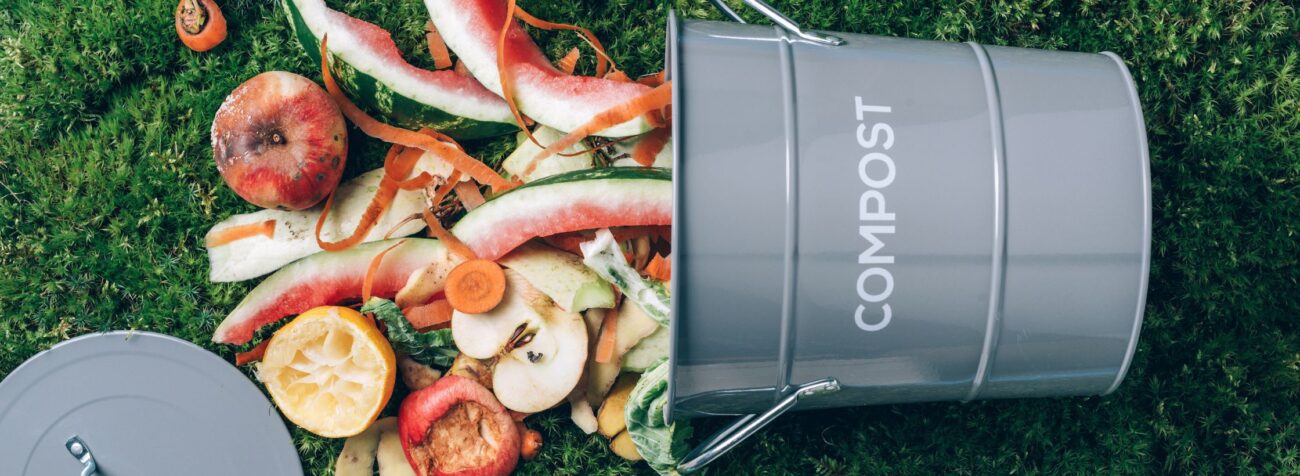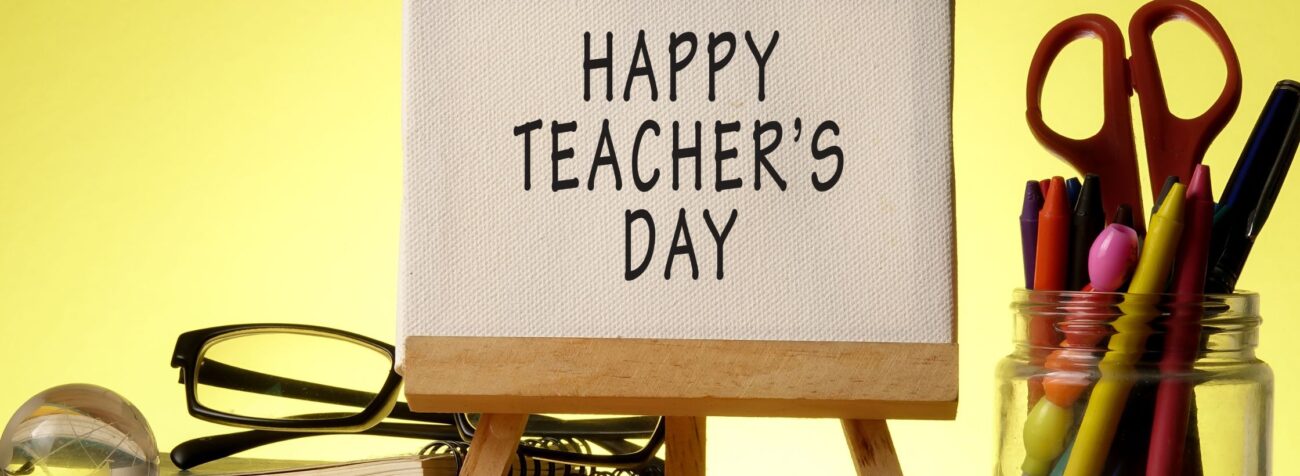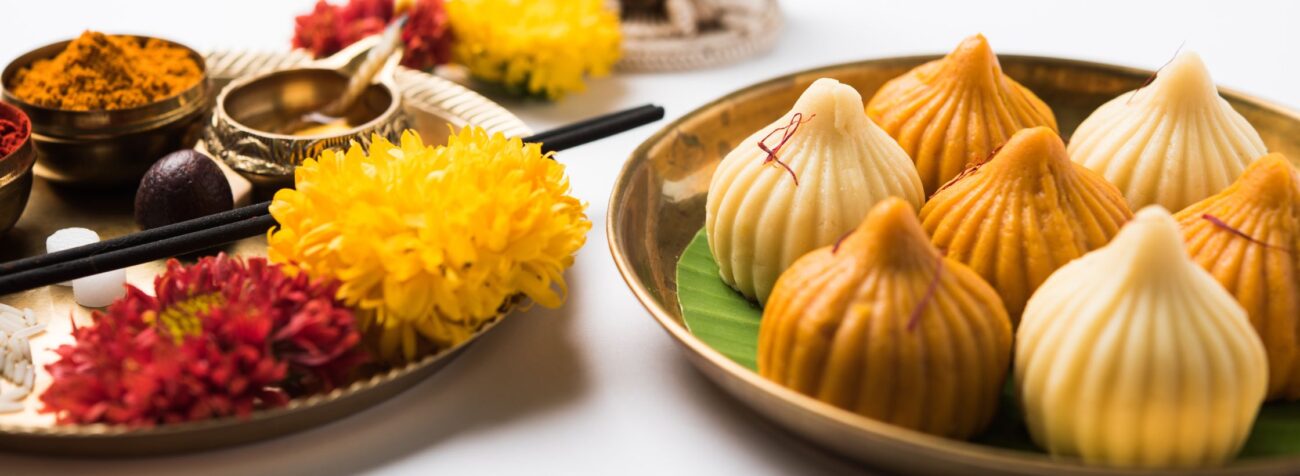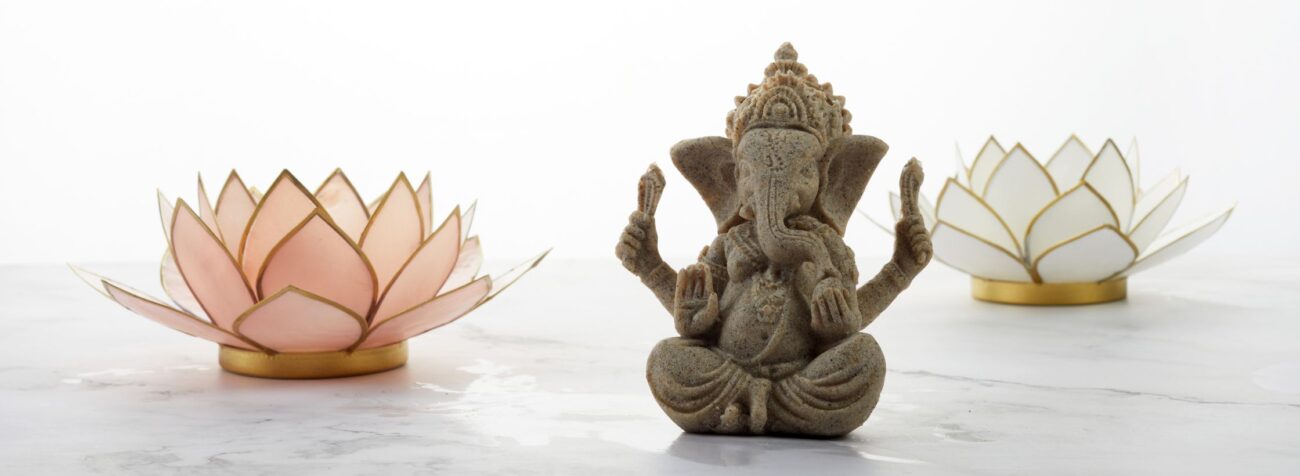Cutting Campus Waste: 10 Student-Friendly Solutions
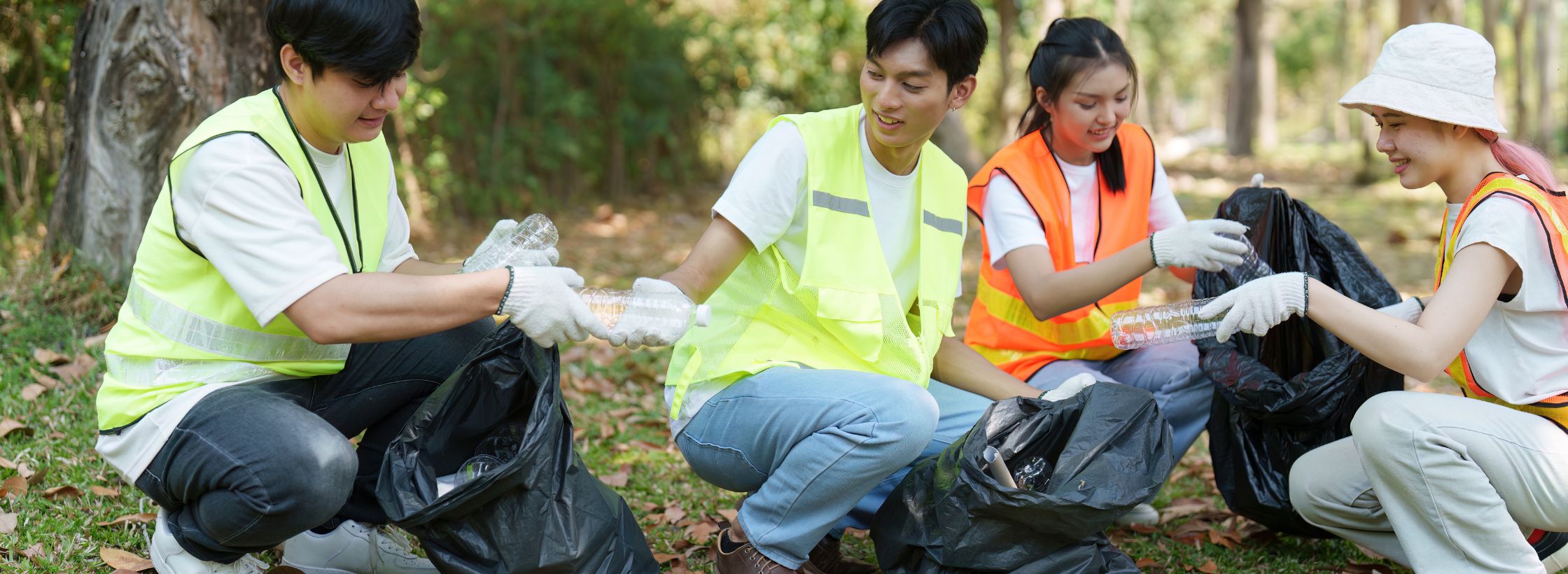
Cutting Campus Waste: 10 Student-Friendly Solutions
Campus waste continues to pile up mainly due to single-use products, poor recycling habits, and a lack of awareness about sustainable alternatives.
Ever think to yourself: Why is there so much trash in our dorms? Why do cafeterias have a billion disposable cutlery pieces lying around? Or wonder: How can I actually do something about campus waste without feeling like a lecturer?
We get it. Dealing with campus waste feels overwhelming. But small habits + some smart swaps = big change. Here are 10 student‑friendly solutions to cut down on waste at your college campus, especially around durable home, office & gifting products. Let’s chat over coffee and see what works.
Why campus waste bugs us
-
Every event, every party, every takeaway means tons of single‑use cups, plates, wrappers.
-
Dorm rooms are full of stuff students buy then toss when moving out.
-
Lots of stuff gets thrown away before it’s needed—extra storage boxes, plastic mugs, planters bought for aesthetic then abandoned.
The antidote? Bring in waste cutting hacks that feel natural, affordable, useful.
10 Student‑Friendly Solutions to Reduce Campus Waste
Here are concrete ways to reduce campus waste in dorms, offices, cafeterias, event halls—with real products & real living in mind.
Swap single‑use tableware for durable home office pieces
Instead of disposable plates or plastic mugs, use ceramic/stoneware mugs & stainless steel or bamboo cutlery.
Buy a good reusable lunchbox (metal or bio‑material) you actually like using.
For gifting, go for fair trade pottery, durable planters—stuff that lasts.
These durable products cost more upfront but slash campus waste and feel better to use.
Smart storage, less stuff
Use stackable wooden or bamboo boxes instead of lots of cheap plastic bins.
Get organizers with interchangeable parts so you don’t need to buy new whenever you want a different layout.
For gifting, pick storage items that are multi‑purpose (e.g., storage boxes that double as decor).
Reuse & upcycle magic
When someone moves out: grab gently used mugs, cups, pots and give them a second life.
Paint old pots or jars to reuse as planters.
Swap or gift durable items rather than buying new.
Refillable & shareable cups, mugs, bottles
-
Carry your own water bottle. Use refill‑stations around campus.
-
Bring your own mug to the cafeteria or coffee shop; many places offer discounts for that.
-
Consider a mug‑share program or keep a communal set in common rooms so people aren’t forced to use disposables.
Compost & proper recycling bins
-
Set up compost bins in dorm kitchens for food scraps, peelings, etc. Biomaterials break down, reduce waste.
-
Place color‑coded recycling bins everywhere—common rooms, hallways, near cafeterias.
-
Label bins clearly (paper, plastic, compost) so people aren’t confused and toss stuff wrongly.
Thoughtful gifting
-
Choose gifts that are useful: durable cups, mugs, planters, storage items.
-
Prefer fair trade, upcycled, or biomaterial‑based items.
-
Wrap gifts in cloth wraps or reusable bags—ditch plastic wrapping or single‑use ribbons.
Cut down event waste
-
For campus events, rent or borrow steel or reusable cutlery & plates instead of using disposable ones.
-
Use cloth tablecloths, reusable decorations.
-
Serve water from pitchers rather than bottled water.
Buy less, invest more
-
Instead of cheap products that break or look shabby fast, buy well‑made items that last. A sturdy pot, solid tableware set, a well‑crafted planter—these reduce campus waste long term.
-
Ask yourself: will I use this next semester? Or is this impulse buy?
Swap‑zone & dorm moving swap
-
At end of term, organize a swap event: mugs, storage boxes, planters, decor items—take, give, trade.
-
Having a “swap‑shelf” in common areas helps people avoid buying new stuff constantly.
Promote awareness & shared responsibility
-
Posters, infographics around campus showing what can be recycled vs composted.
-
Workshops/talks with demos: “how to upcycle your old cups”, “why reducing campus waste matters”.
-
Student groups can partner with sustainability or green economy organizations to run campaigns.
Quick checklist for applying waste cutting hacks
-
Inspect your room or office: how many disposable vs durable things do you use?
-
Pick 2 durable products to replace single‑use each month.
-
Volunteer or start a dorm swap event.
-
Check food courts & cafés: are there discounts for reusable mugs? Push management.
-
Track composting & recycling bins: are they getting used correctly?
Why this matters: beyond just tidying your space
-
Less campus waste = lower carbon footprint, less landfill, more sustainability.
-
Buying durable, fair trade, biomaterials supports green economy & conserving resources.
-
Encourages a circular economy: reuse, upcycle, repair instead of throw away.
-
Helps prevent wasteful practices like crop‑burning indirectly (less demand for new materials, fewer emissions).
Final thoughts
Imagine walking around campus where every utensil, mug, planter, storage box you own is built to last, and where you don’t have to feel guilty every time you pick up a coffee. Falling into better habits with durable home, office & gifting products makes reducing campus waste feel doable.
Start small. Try one or two waste cutting hacks this week. See how it feels. Share your wins. Together, we’ll shift from waste‑heavy to waste‑wise.
Visit eha’s range of sustainable tableware products to choose, made with biocomposite materials using crop-waste such as rice husk, bamboo fibers and coffee husk.
If you are looking at developing new range of earth friendly gardenware speak to experts at Mynusco.







